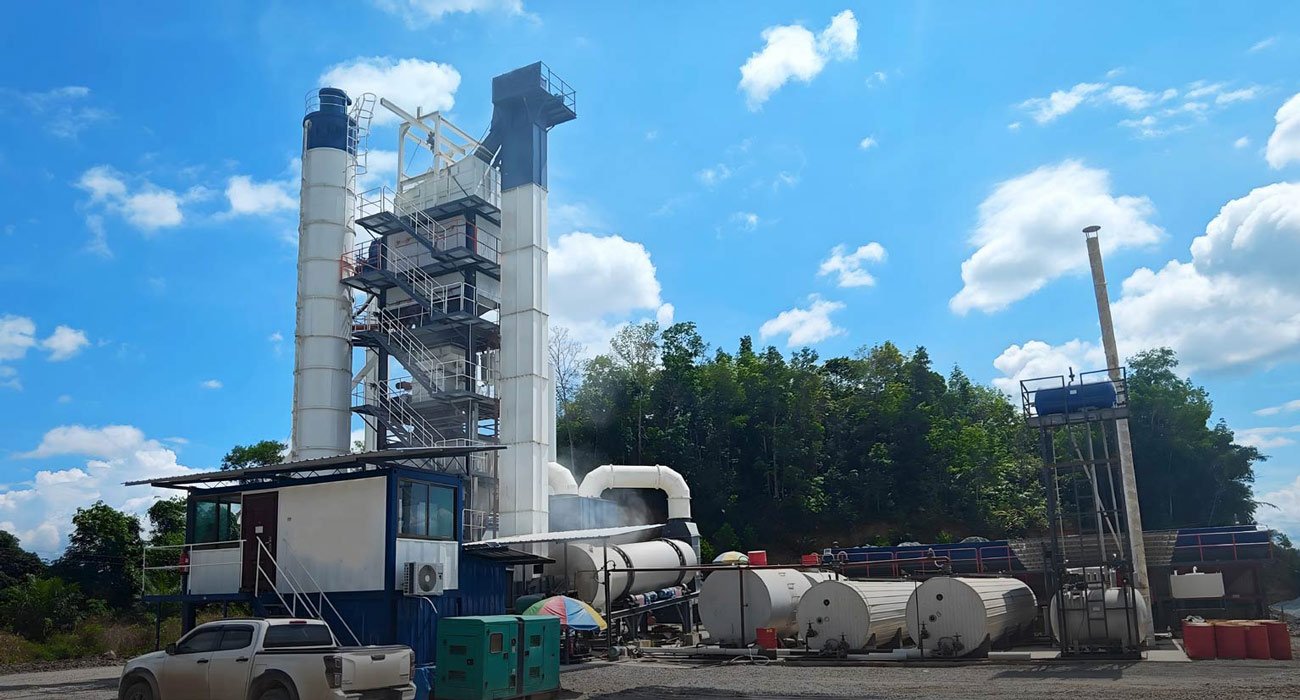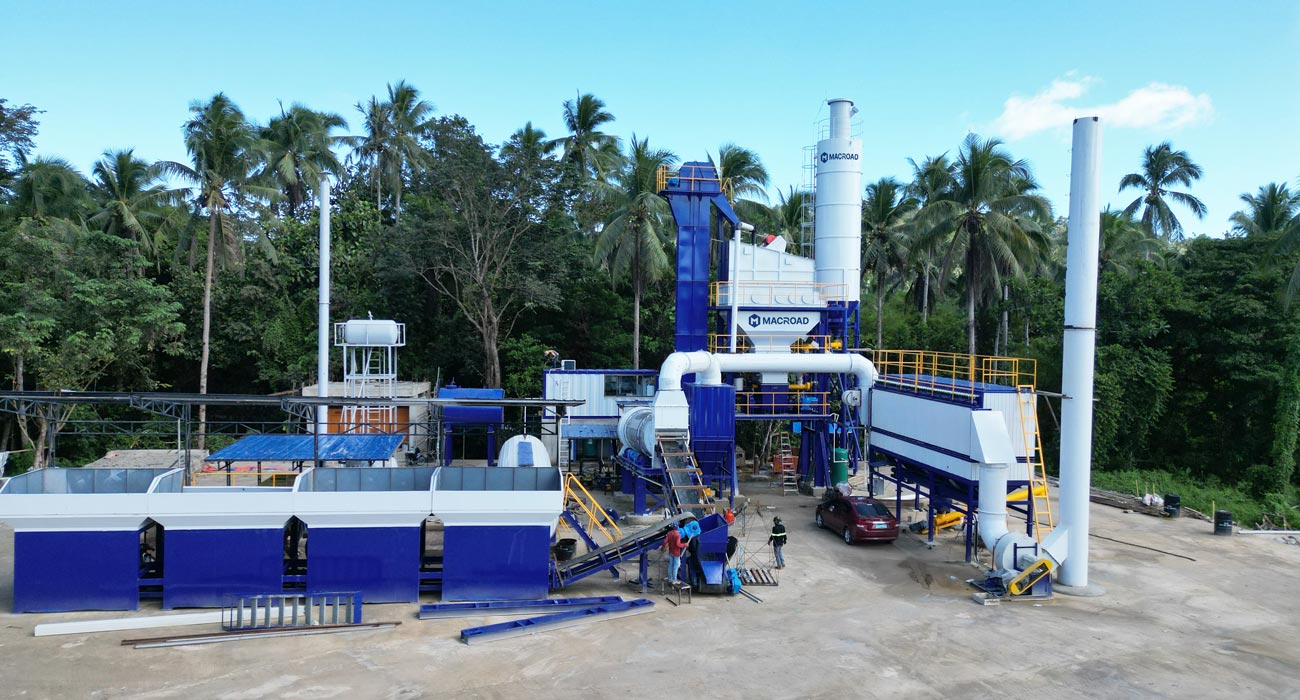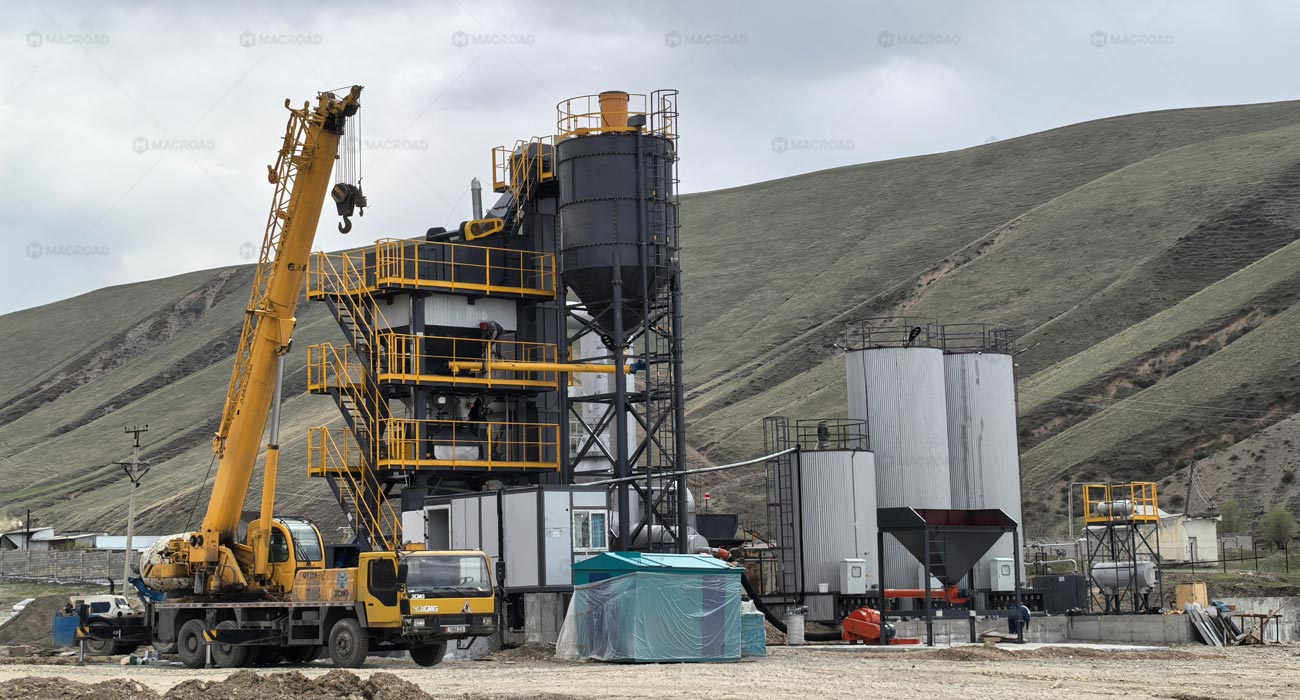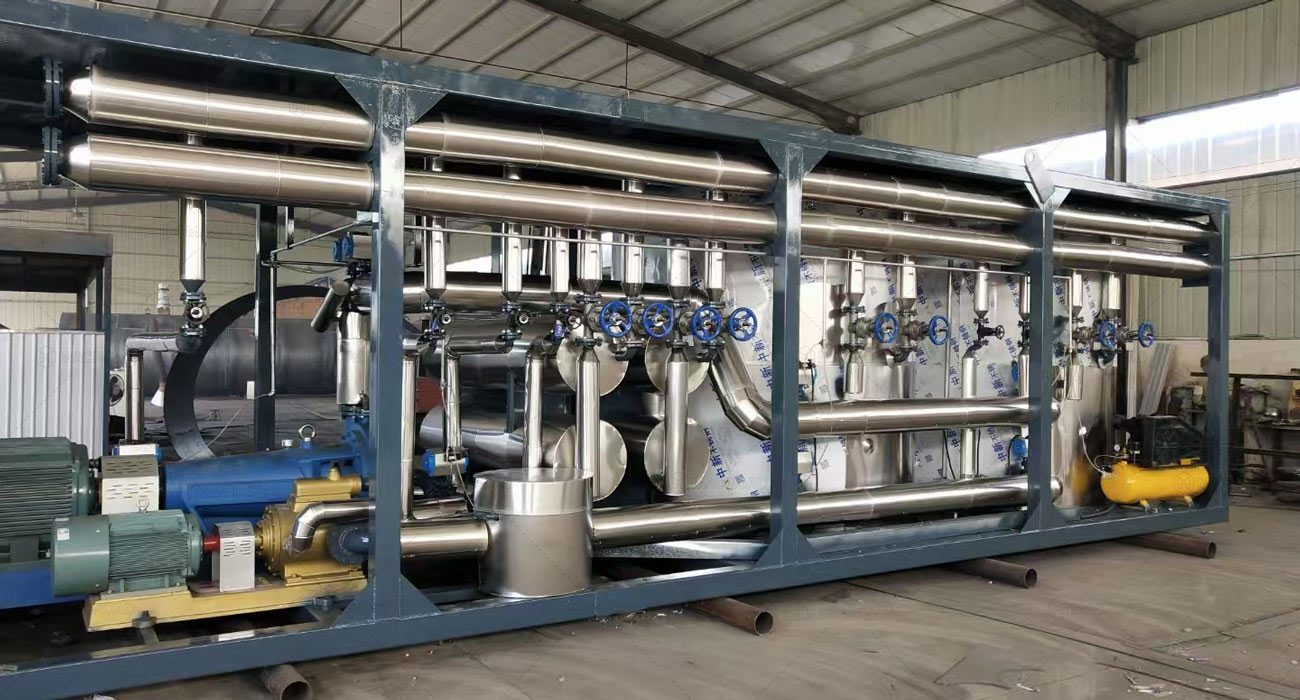In airport roads construction, the collaboration between modified asphalt production plants and stationary asphalt mixing plants plays a vital role in ensuring a stable supply of high-performance modified asphalt. This partnership not only enhances the quality of the asphalt used but also improves on-site production efficiency, resulting in successful completion of critical infrastructure projects.

Importance of High-Performance Modified Asphalt
High-performance modified asphalt is essential in airport roads construction due to the unique demands placed on these surfaces. The combination of heavy traffic, varied weather conditions, and the need for durability makes it imperative to use asphalt that can withstand these challenges. Modified asphalt provides superior properties, such as enhanced resistance to deformation, improved elasticity, and better adhesion.
To produce this specialized asphalt, modified asphalt production plants utilize advanced technology and processes. These plants are designed to incorporate additives that enhance the overall performance of the asphalt, ensuring it meets the rigorous standards required for airport applications. The collaboration with stationary asphalt mixing plants is critical for ensuring that this high-quality product is consistently available for use on-site.

Synergy Between Plant Types
The synergy between modified asphalt production plants and stationary asphalt mixing plants is key to maintaining a reliable supply chain during airport roads construction. Modified asphalt production plants focus on producing the specialized asphalt required for the project, while stationary asphalt mixing plants are equipped to blend this modified asphalt with aggregates and other materials to create the final product.
This collaboration allows for a seamless transition from production to application. When modified asphalt is produced in close proximity to the construction site, it reduces transportation time and minimizes potential delays. The stationary asphalt mixing plants can then quickly access the modified asphalt, ensuring that the on-site mixing process remains efficient and responsive to changing project demands.

Enhancing On-Site Production Efficiency
By integrating the operations of modified asphalt production plant with stationary asphalt mixing plants, airport roads construction projects can experience significant improvements in on-site production efficiency. The availability of high-performance modified asphalt directly on-site allows contractors to maintain high production rates while meeting quality specifications.
Moreover, this collaboration enables better management of on-site resources. With a stable supply of modified asphalt, contractors can optimize their workflows, reducing downtime associated with waiting for materials. This efficiency not only speeds up the construction process but also helps to minimize costs and enhance overall project timelines.

Quality Assurance and Compliance
Collaboration between these types of asphalt plants also enhances quality assurance and compliance with industry standards. Modified asphalt production plants are equipped to monitor the quality of materials and ensure that the modified asphalt meets required specifications before it reaches the stationary asphalt mixing plants. This proactive approach to quality control helps prevent issues that could arise from using subpar materials.
Furthermore, having both types of asphalt plants working together fosters a culture of continuous improvement. Feedback from on-site operations can be communicated back to the modified asphalt production plants, allowing for adjustments in production processes to better meet the evolving needs of airport roads construction.
Conclusion
In conclusion, the collaboration between modified asphalt production plants and stationary asphalt mixing plants is essential for successful airport roads construction. This partnership ensures a stable supply of high-performance modified asphalt, enhancing on-site production efficiency and maintaining quality standards. By leveraging the strengths of both plant types, contractors can navigate the complexities of airport infrastructure projects, ultimately leading to durable and high-quality road surfaces that meet the demands of modern aviation.
